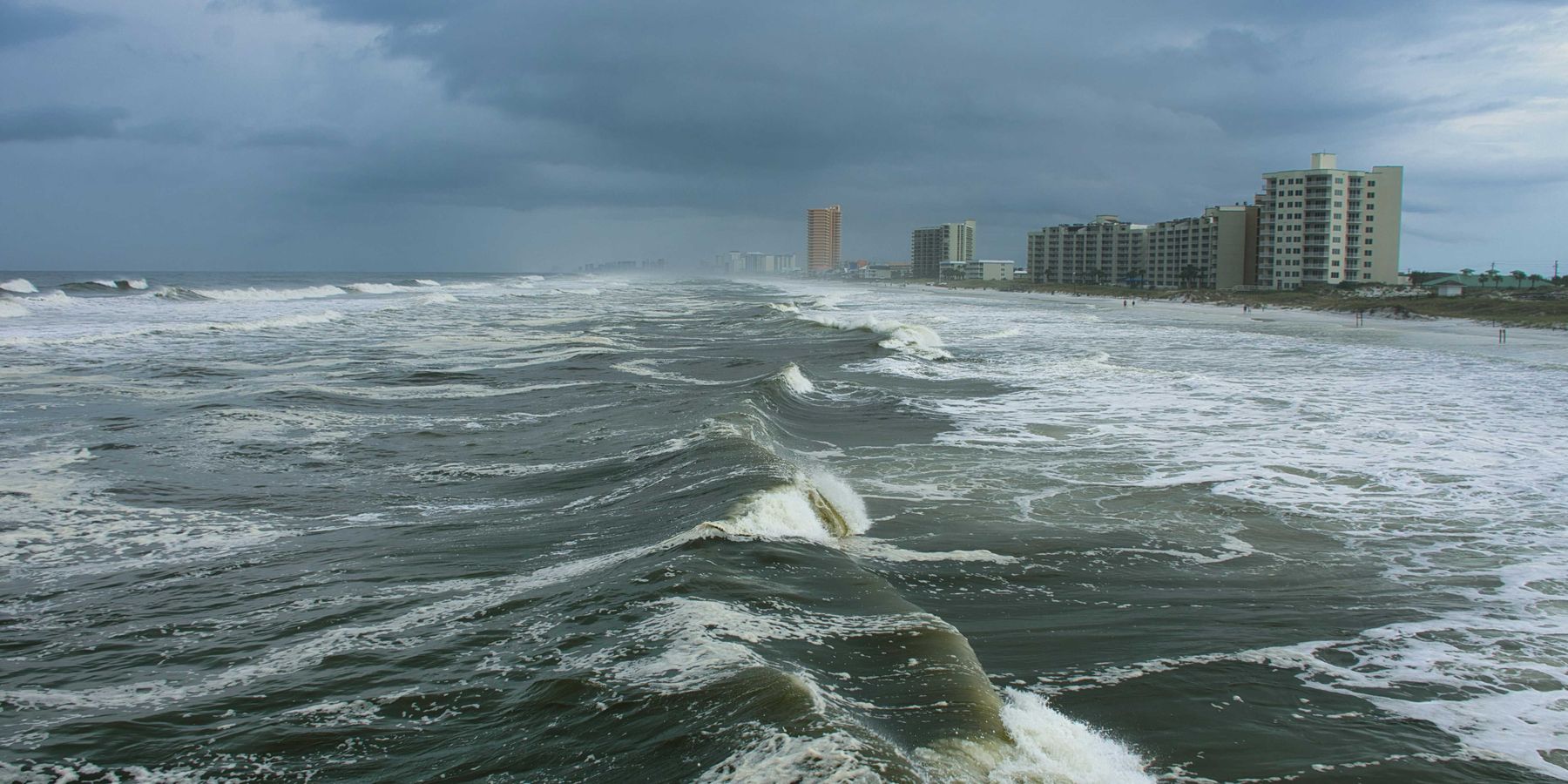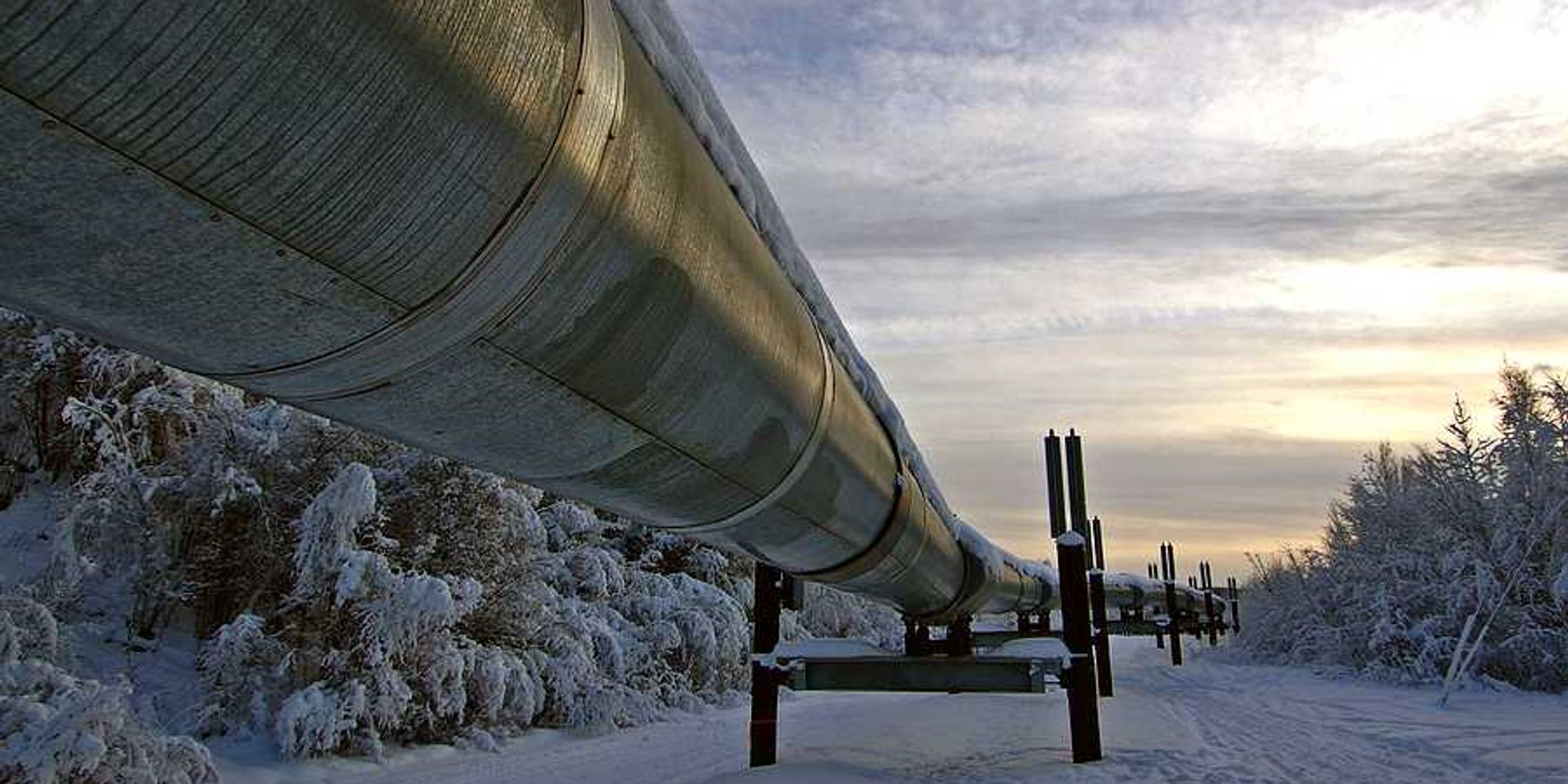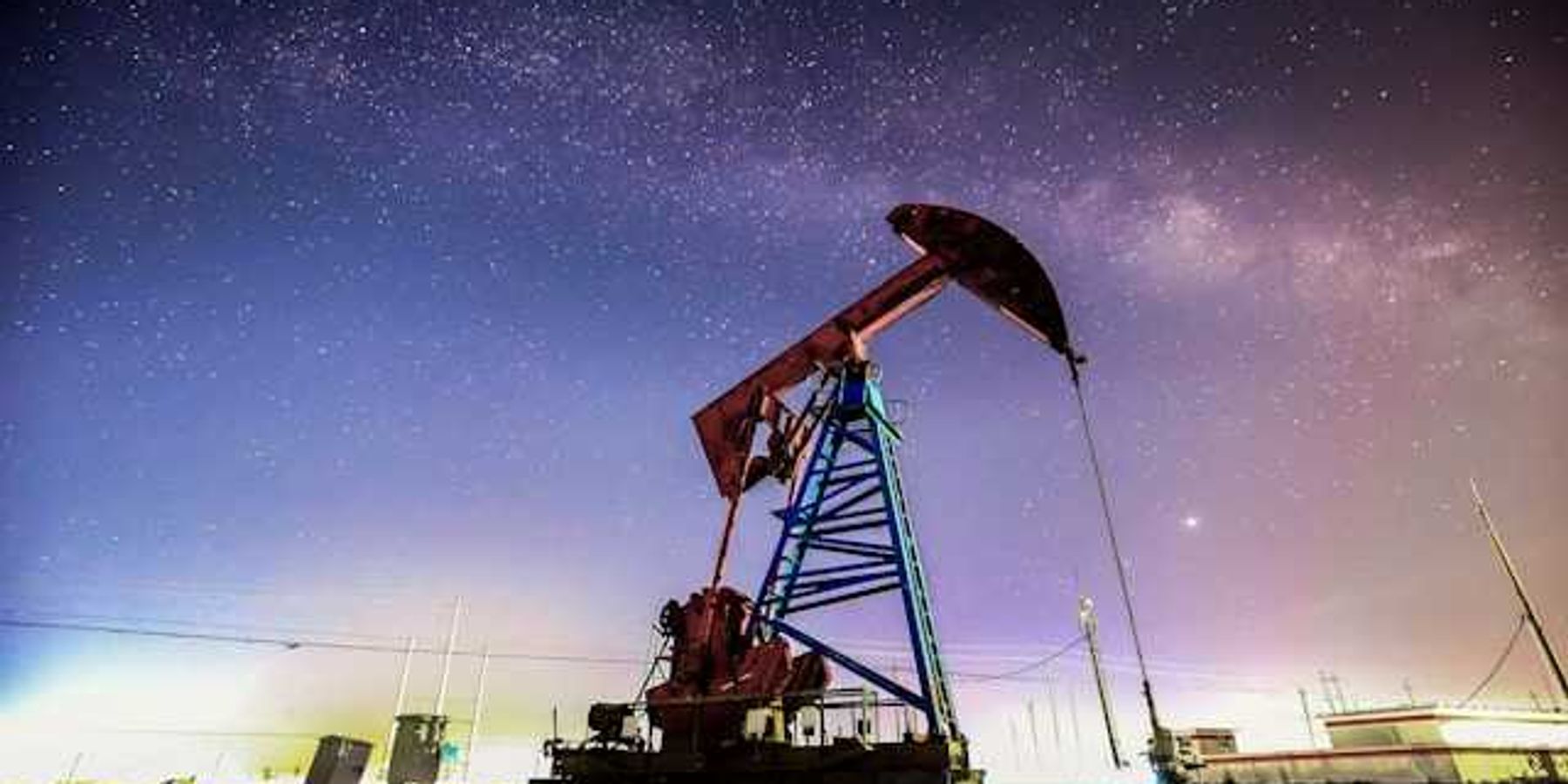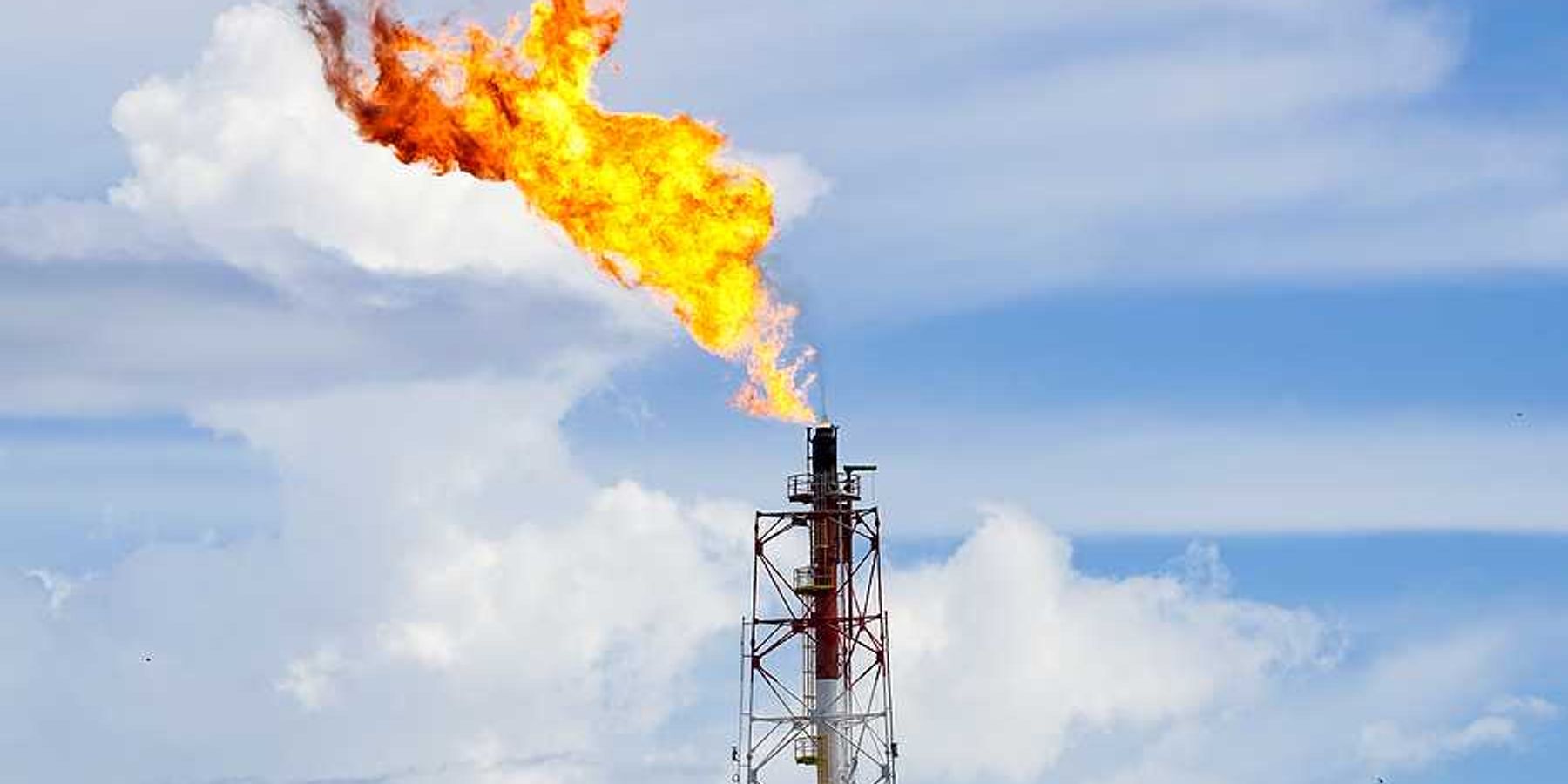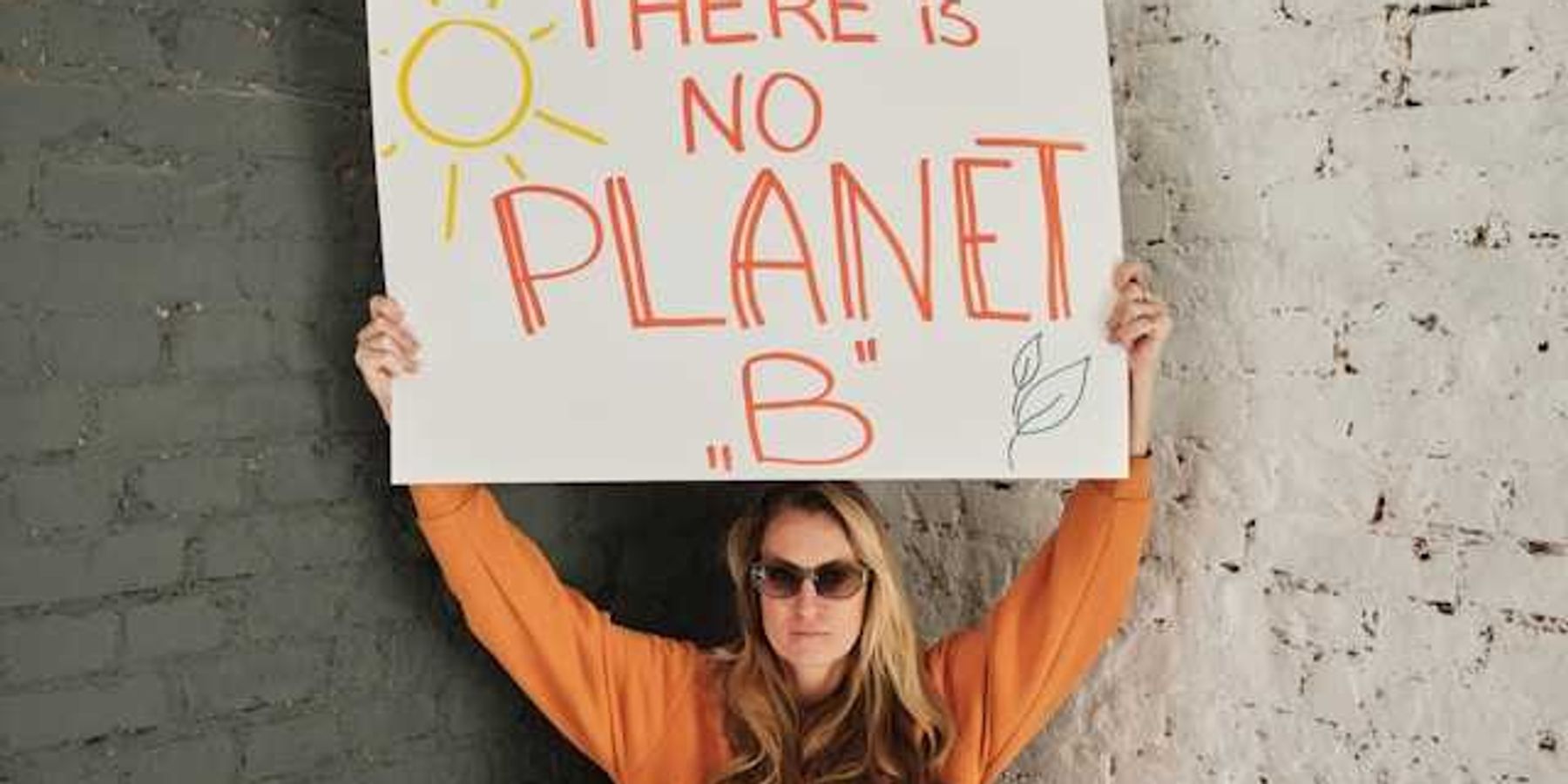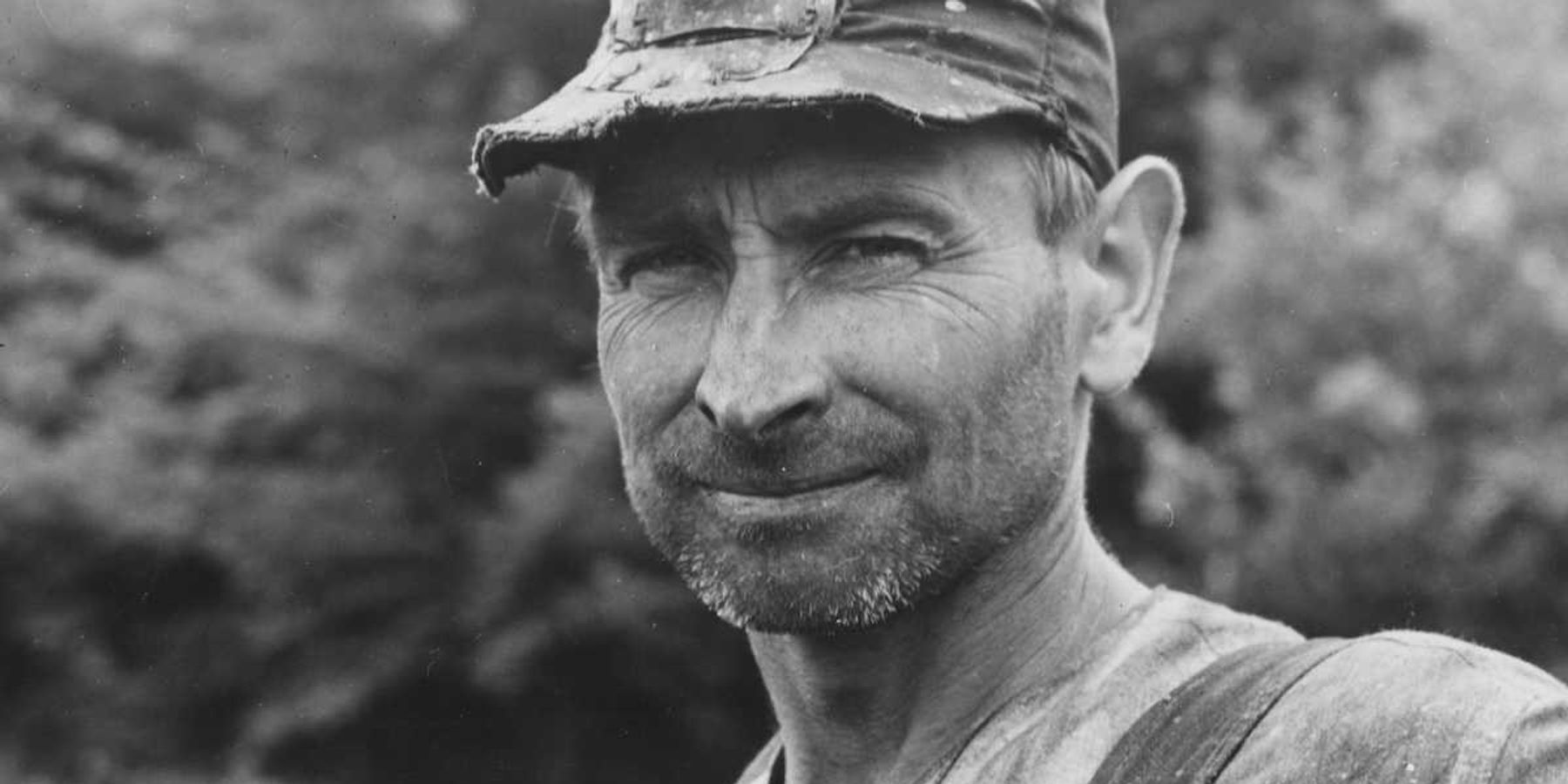A mysterious avalanche in Greenland sparked a seismic hum that shook the planet for nine days
A colossal rock-ice avalanche in eastern Greenland triggered a megatsunami and a strange seismic hum that puzzled scientists worldwide for over a week.
Robin George Andrews reports for Quanta Magazine.
In short:
- A 25 million cubic meter rock-ice avalanche crashed into a fjord, generating a megatsunami with waves as high as 200 meters.
- The seismic rumble from this event persisted for nine days, baffling seismologists until a rare standing wave (seiche) was identified as the cause.
- The event highlights the hidden dangers of climate change, as melting ice contributed to the avalanche's sudden collapse.
Key quote:
“Climate change is lurking in the background of this story.”
— Kristian Svennevig, Geological Survey of Denmark and Greenland
Why this matters:
The Greenland event was a reminder of just how interconnected the planet’s systems are—and how even the most remote places can send shockwaves across the globe, literally. In an era where the planet is increasingly unpredictable, it was a moment of intellectual curiosity that also serves as a stark warning of what’s to come as we push Earth's limits. Read more: Scientists probe ancient history of the East Antarctic Ice Sheet and find unsettling news about sea level rise.

